The Wilder Blean initiative is working to create a wilder woodland landscape by boosting natural grazing, including the introduction of the UK’s first European bison herd. European Rewilding Network membership will help the initiative realise its rewilding vision.
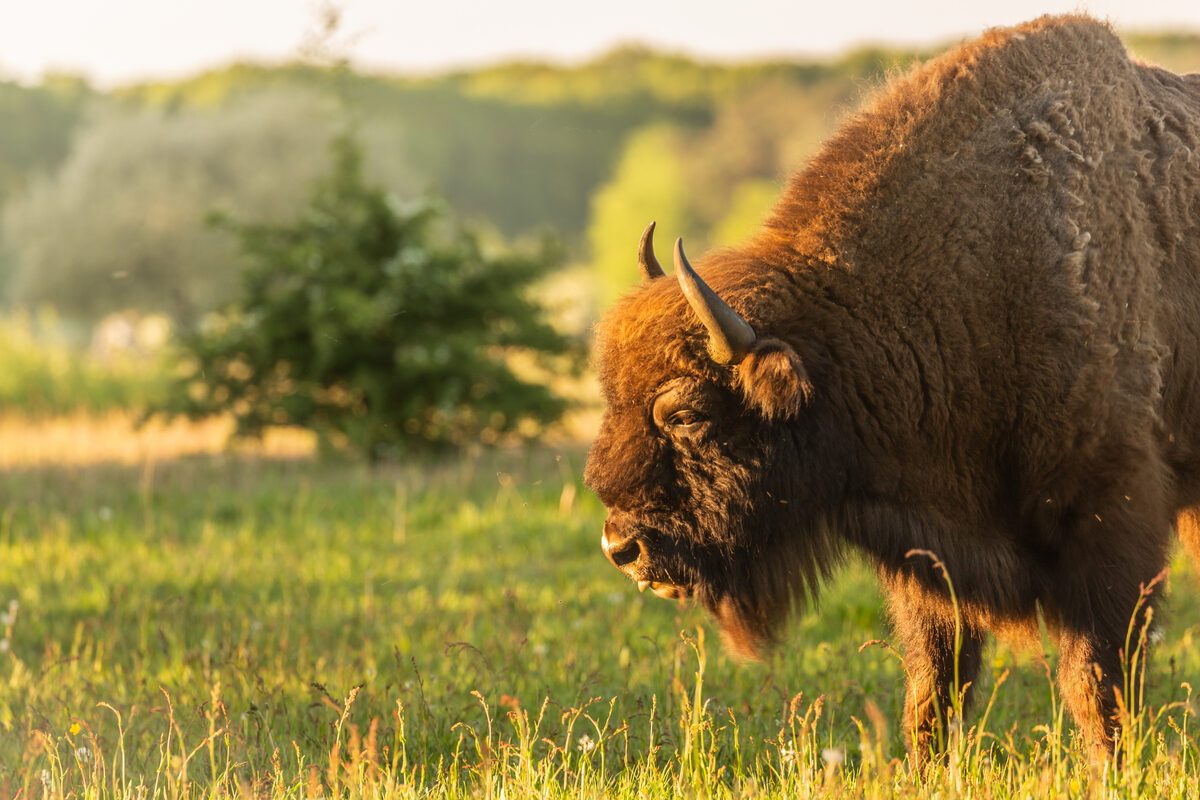
Pushing the natural grazing boundaries
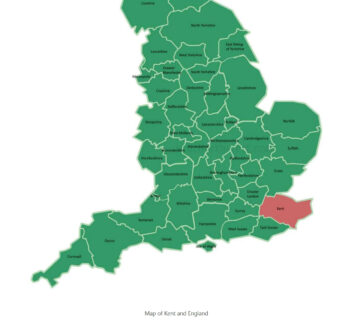
Located in the county of Kent in southeast England, the 560-hectare West Blean and Thornden Woods are part of an area of ancient woodland covering 30 square kilometres – the largest area of such woodland in southern England. Managed by Kent Wildlife Trust for the past 18 years, the woods are a Site of Special Scientific Interest, with extensive grazing techniques – involving (in the past) Highland cattle and more recently Konik horses – used to enhance biodiversity across 150 hectares of the site.
Kicking off in 2020, the Wilder Blean initiative – a collaboration between Kent Wildlife Trust and the Wildwood Trust funded by the UK’s People’s Postcode Lottery – will see the area under grazing extended to 460 hectares, as part of a vision to create a wilder, more functional and resilient mosaic woodland landscape. This will involve the introduction of Exmoor ponies, Longhorn cattle, Iron Age pigs (a boar-pig hybrid) and European bison. When the four bison are released in the spring of 2022, it will be the first time that these mighty herbivores have roamed in the UK for thousands of years.
Cross-border collaboration
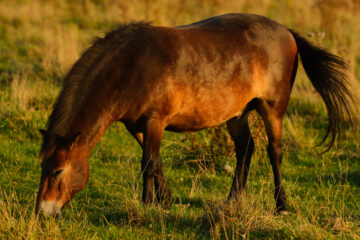
Wilder Blean has just become the European Rewilding Network’s (ERN) latest addition, with membership now totalling 70 members across 27 countries. With many other members involved in the promotion of natural grazing and woodland regeneration, the initiative’s inclusion will strengthen the network’s collective expertise and assist the Wilder Blean team in their rewilding efforts.
“Joining the ERN is a fantastic opportunity to leverage learning from across the continent to advance UK-based rewilding initiatives,” says Stan Smith, Wilder Landscapes Manager at Kent Wildlife Trust. “By collaborating across international boundaries we can drive forward sustainable solutions for returning missing wildlife to the UK and work at pace to restore our degraded ecosystems. In the UK, lack of woodland management is one of the eight biggest drivers of biodiversity decline.”
A historic return
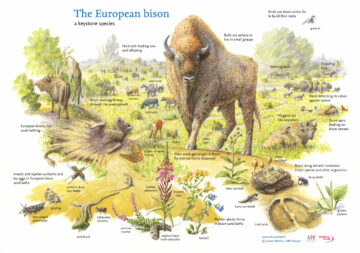
The steppe bison is thought to have roamed the UK until about 30,000 years ago, when hunting and changes in habitat led to its global extinction. The European bison that will be released through the Wilder Blean initiative in 2022 are close descendants of this species.
The £1 million (€1.15 million) reintroduction programme will help to secure the future of the European bison, which is currently endangered itself, despite making an ongoing comeback. As a keystone species, the bison will help to naturally regenerate a former pine plantation through their grazing and other natural behaviour, creating a far more biodiverse mix of woodland, scrub and open areas.
“Using missing keystone species such as bison to restore natural processes is the key to enhancing biodiversity and biological abundance,” says Stan Smith. “The Wilder Blean initiative will show how rewilding is the best way of simultaneously addressing climate change and biodiversity decline by enhancing nature-based solutions.”
Community benefits
The benefits of the Wilder Blean initiative won’t be limited to wild nature. Rewilding efforts, which will involve extensive consultation and engagement with local landowners, interest groups and residents, will support the development of new nature-based businesses and programmes. Including guided nature walks, safaris and educational visits, these will provide new jobs, generate ongoing funding, and help to reconnect people with nature. Local businesses, including hotels, campsites, local shops and B&Bs, should benefit from increased visitor numbers.
A platform for exchange
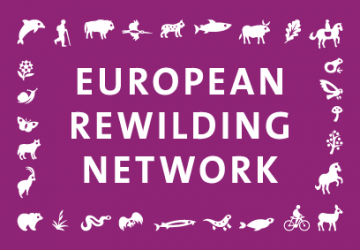 Today rewilding is gaining momentum as a progressive and effective approach to conservation in Europe. Underpinning this trend, the burgeoning European Rewilding Network continues to foster collaboration and amplify results.
Today rewilding is gaining momentum as a progressive and effective approach to conservation in Europe. Underpinning this trend, the burgeoning European Rewilding Network continues to foster collaboration and amplify results.
Founded by Rewilding Europe in 2013, the aim of the ERN is to enhance the efforts of each member by facilitating the exchange of skills, insight and experience. Members meet regularly, usually via webinar, while nature-based businesses can also apply to Rewilding Europe Capital, Rewilding Europe’s enterprise loan facility.
Rewilding Europe extends a warm welcome to all European rewilding initiatives that focus on practical, result-oriented rewilding and encourages them to apply for ERN membership.
